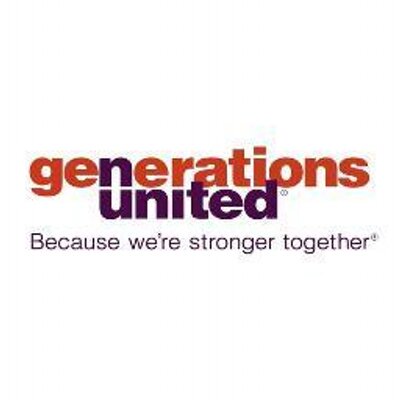Introduction n recent years, record numbers of unaccompanied immigrant children (UC) have crossed into the United States. Between 2017 and 2022, over 385,000 UC were apprehended crossing U.S. borders. This special population of immigrants are defined as children under the age of 18 who … Read More
Kinship

Strategies for Recruiting Foster and Adoptive Families of Color
A webinar from AdoptUSKids focuses on “Recruiting Foster and Adoptive Families of Color: Stories and Strategies From Leaders of Color in Child Welfare.” The presenters discuss the racial disproportionality rates, the impact of institutional and structural racism, and why families of color … Read More

Defining and Measuring the Complexity of Stepfamilies in the United States
Overview Stepfamilies are common in the United States. By definition, these families occur when an individual or the person with whom they are partnering through marriage or cohabitation has a child from a past relationship. There are many types of stepfamilies, … Read More

Adoption and Guardianship for Children in Kinship Foster Care
Generations United with support from the Dave Thomas Foundation for Adoption, created the following brief, national comparison chart, and state-specific charts that focus on adoption and guardianship for children in kinship foster care so that these children can exit foster … Read More

Grandfamilies disproportionately at-risk for food insecurity, advocates say
By Brian Rinker It was under tragic circumstances when 2-year-old Alivia went to live with her grandmother, Corrinna Martin, in West Haven Connecticut. Alivia had survived a brutal domestic violence slaying that killed her mother, Chaquinequea Brodie, 29, and her older sister, … Read More

Advances in Supporting Kinship Caregivers
Kinship care refers to the care of children by relatives or, in some jurisdictions, close family friends (often referred to as fictive kin). Relatives are the preferred resource for children who must be removed from their birth parents because it … Read More

Together at the Table: Supporting the Nutrition, Health, and Well-Being of Grandfamilies
There are more than 2.5 million children in the U.S. growing up in “grandfamilies,” meaning they are being raised by relatives (grandparents, aunts, uncles, siblings, etc.) or close family friends without their parents in the home. Research shows grandfamilies are … Read More

Adoption and Guardianship for Children in Kinship Foster Care
Generations United with support from the Dave Thomas Foundation for Adoption, created the following brief, national comparison chart, and state-specific charts that focus on adoption and guardianship for children in kinship foster care so that these children can exit foster … Read More

New Racial Equity Tip Sheets – Connecting Family and Culture
With support from the W. K. Kellogg Foundation, Generations United is pleased to share a new series of tip sheets to accompany our racial equity toolkits. These tools are designed to help professionals serving grandfamilies to provide culturally appropriate services.

Incorporating Social Determinants of Health and Equity in Practice to Address Sexual and Reproductive Health for Young People Involved in Foster Care
September 2022 Rachel Rosenberg, PhD, MSW Nia-Simone Woods, BA Karlee Naylon Julia Tallant, BA This brief aims to provide child welfare practice professionals (e.g., caseworkers) information about the societal conditions that influence young peoples’ sexual and reproductive health—the “social determinants … Read More

